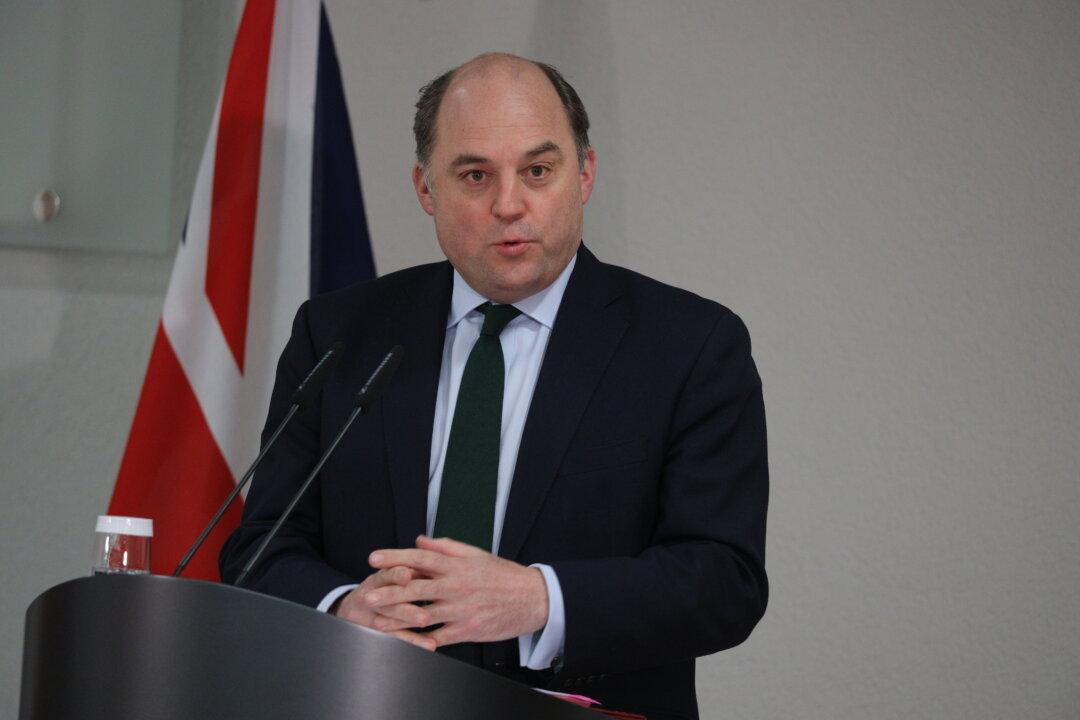Britain has launched its first ever “Defence Space Strategy,” which outlines how the Ministry of Defence (MoD) will protect the UK’s national interests in space in an era of “ever-growing threats.”
As part of the strategy (pdf) published on Feb. 1, the UK will invest £1.4 billion ($1.9 billion) to bolster the number of British satellites in space.





